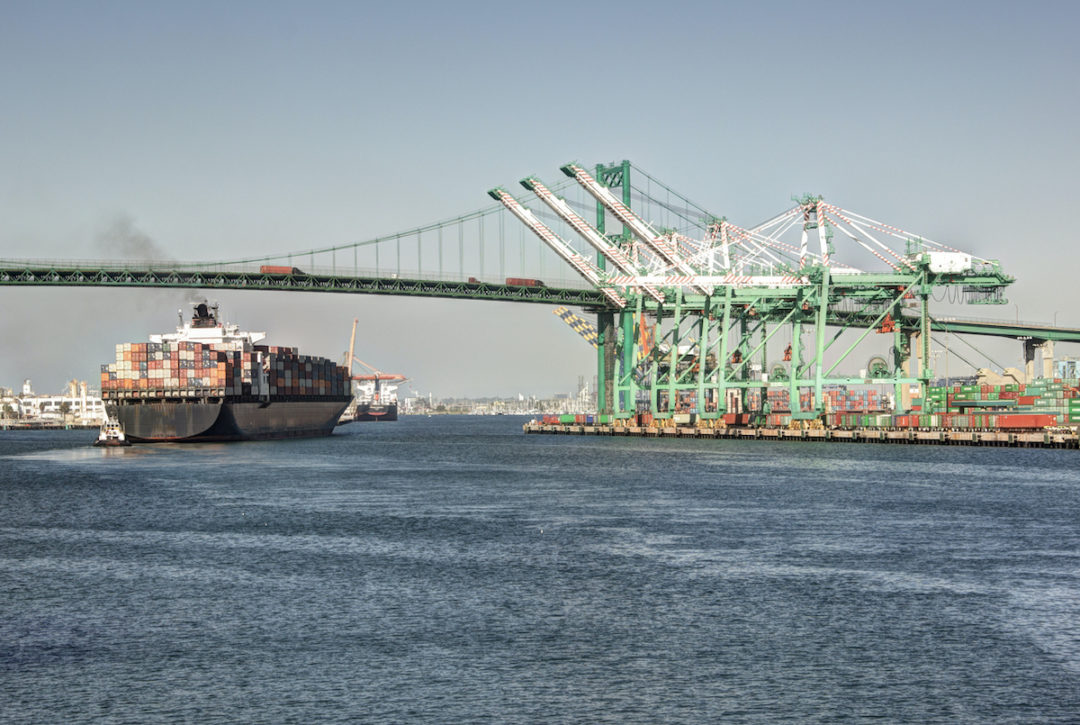The banking industry reported marginal growth in net profit for the first quarter of 2025, primarily due to lower net interest income (NII), aligning with a contraction in loans. Ten of the 11 SET-listed banks, excluding Thai Credit Bank, reported a combined net profit of 67.4 billion baht for the first quarter of 2025, representing a 4.
96% year-on-year increase. Among the six domestic systemically important banks (D-SIBs), Bangkok Bank (BBL) posted the highest growth in net profit at 12.6 billion baht, an increase of 19.

9%. This was followed by SCB X, the holding company of Siam Commercial Bank (SCB), with a net profit of 12.5 billion baht, up 10.
8% year-on-year. Despite reporting the highest net profit among D-SIBs at 13.7 billion baht, Kasikornbank (KBank) saw only slight growth of 1.
08%. Similarly, Krungthai Bank (KTB) posted marginal growth of 0.33%, with a net profit of 11.
7 billion baht. The two other D-SIBs, Krungsri (Bank of Ayudhya) and TMBThanachart Bank (ttb), posted declines in net profit. Krungsri recorded 7.
53 billion baht, down 0.12%, while ttb posted 5.09 billion baht, a drop of 5.
17%. Overall, the banking sector's subdued net profit growth was largely attributed to lower NII amid easing interest rates and a lower than expected GDP growth outlook for 2025. For the first quarter of this year, the six D-SIBs had a combined loan portfolio of 13.
3 trillion baht, marking a 2.1% year-on-year decline, with all of them experiencing a contraction in loans during this period. BBL, the country's largest lender by total assets, recorded a 0.
56% drop in loans, while SCB X recorded a 0.96% decrease in loans. KTB's loans fell by 1.
31%, while Krungsri posted a decrease of 2.97%. The steepest decline in loans was recorded by ttb, with a 7.
9% drop. In a statement to the Stock Exchange of Thailand, SCB X chief executive Arthid Nanthawithaya said the bank's loan portfolio contracted about 0.1% due to cautious new loan underwriting.
"The year began with significant challenges, from the earthquake to the heightened uncertainty of escalating US tariffs. We estimate that US tariffs could reduce Thailand's GDP growth to 1.5% this year, with potentially more severe consequences," Mr Arthid said.
Separately, KBank chief executive Kattiya Indaravijaya noted that the bank's net loan decline aligned with the broader economic slowdown. She added that the bank remains focused on quality loan expansion, prioritising asset quality and optimising risk-adjusted returns. According to Ms Kattiya, Thailand's economic growth for the full year 2025 is expected to be lower than in 2024.
This outlook reflects the compounded impact of the earthquake in late March -- particularly on the tourism, real estate and construction sectors -- as well as the effects of US retaliatory trade tariffs on a range of Thai exports. Moreover, the escalation of the global trade war, marked by rising reciprocal tariffs, presents additional downside risks to the global economy. Domestic consumption remains constrained by fragile financial conditions and persistently high household debt, she added.
.
Business

Banks post marginal profit growth in Q1

The banking industry reported marginal growth in net profit for the first quarter of 2025, primarily due to lower net interest income (NII), aligning with a contraction in loans.















